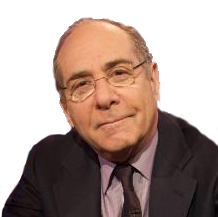
Robert Lipsyte
Interviewed by Juan Herrera in 2016
I had just graduated from Columbia, I was 19-years-old and I needed a summer job before I went to California and became what I thought would be either a starving novelist or a sell-out screenwriter.
I had just graduated from Columbia, I was 19-years-old and I needed a summer job before I went to California and became what I thought would be either a starving novelist or a sell-out screenwriter.
I answered an ad in The New York Times for what turned out to be copyboy in the sports department. It was a very strange place for me to be. It really was at that time 1957, not a good fit for me. I was not an avid sports fan growing up. I grew up in Queens, an outer borough of New York City. My parents were New York City schoolteachers and they were totally unaware of sports. Maybe they knew about Jackie Robinson but not much after that. Most of our dinner table conversation was about inequality and the quest for social justice and education. They basically taught in Harlem and in Black Brooklyn. So, I came to The Times with a sort of flair for feature writing.
I had written features for high school and college newspapers, but not much in the way of sports history or Xs and Os. It was kind of amazing. I did not really like the job. Copy boy in The Times sports department, in those days, was all boys. It was generally a 7 p.m. to 1 a.m. shift and you know how cranky copy editors can be at that time of night, but it was a very good time to be at The Times.
I was kind of thrilled to be at The Times. That sense that journalism wasn’t really a job it was a religious calling. I loved working at the paper. The paper was becoming something different at that time as well. It was shifting from being the famous “Old Gray lady” to be something more welcoming to feature writers with brighter writing. I became a reporter at 21. I covered the New York Mets’ first spring training in 1962.
My big break was in 1964. I was sent to Miami Beach to cover the heavyweight championship fight between Sonny Liston and Cassius Clay.
Most people thought Liston would knock the kid out in the first round so the editors didn’t want to send the real boxing writer and waste his valuable time, certainly not for the build up to the fight.
So, they sent another kid down. They sent me and of course that’s how it started. Cassius Clay beat Sonny Liston, which I think was a career gift to me and I became the new boxing reporter.
I started my professional fiction writing at the same time. I got the idea for my first YA (young-adult fiction) novel “The Contender.” That’s kind of how it all started. It was a wonderful ride. I think that Cassius Clay, Muhammad Ali, was for a number of writers, a magic plug throughout the world of sports and throughout the world. The Times gave me a lot of wonderful traveling and a lot of opportunity to really cover issues rather than just the games themselves.
I guess I never could forget that first fight, that heavyweight championship fight in Miami, but there were others. I think that one of the great things was this opportunity that sportswriting gives you to learn and to reinvent yourself.
In 2001, The Times sports editor, the brilliant sports editor named Neil Amdur, decided that the column was getting a little flat and he thought I should go try something that I really knew nothing about, NASCAR.
That kind of opened up a whole other world. Spending a year at NASCAR and travelling in the south, it was basically just white guys. It really was not only eye opening, but it really kind of preceded what happened in 2016. I think the Trump election was not such a surprise if you covered NASCAR.
When I got to NASCAR in 2001, the major figure, although not really a leading factor anymore, was Dale Earnhardt. What was amazing was just what a figure, a role model and hero he was in the south.
In the north, certainly among the people at The New York Times, he was a very minor figure, if they knew him at all. The first race that I covered in 2001, was the Daytona 500, it was the race in which Dale Earnhardt crashed and died right underneath me where I was sitting. The outpouring of grief in the press box and around the south was kind of amazing to me at just how important he was and what he represented.
In terms of favorite people to cover I guess my all-time favorite was Billie Jean King, who I think was the most important sports figure of the 20th century. She only represented more than half the people in the world, women.
She was so smart and forward-looking. She was so dominating in her world that always had something wonderful and valuable to say.
Another person that was really important to me was a prizefighter named Dick Tiger. He was a Nigerian, who in the late ’60s and coming to New York from his home in Nigeria with pictures of a Biafran civil war, which I couldn’t get the New York Times interested in.
They just didn’t believe that a sportswriter and a boxer could come up with foreign information that they didn’t know about. After the civil war broke and the Biafrans, his people, were crushed, he asked me to help him mail back to the Queen of England, the order of the British Empire that he had been given as a champion fighter.
That was a very moving and touching moment for me to be taken in so intimately by a sports figure to do something that was that heart wrenching for him. I think those were two very important people for me.
My favorite sportswriter right now is Dave Zirin, who writes a blog called Edge of Sports and has written some terrific books about Ali and the Rio Olympics. He is the most relentlessly political sportswriter I have ever run up against. I find that his work is really exciting and informative.
Back then; I guess growing up my favorite was a columnist named Jimmy Cannon, who back in the 1930s wrote that Joe Louis was a credit to his race, the human race. It seems so quaint now, but at that time it was such a brave and progressive statement. He was really a tough and gnarly sportswriter out of the Damon Runyon school of sportswriting. I think that somewhere between Jimmy Cannon and Dave Zirin, I’d like to find myself.
I think journalism has changed enormously. I think social media has driven so much of that. I think in sports, the basic attitude toward sports has changed.
When I was starting out it was still the idea that sports were some kind of crucible of character. That the great events, the Olympics, the World Cup, in America, the World Series and The Super Bowl, were ways of really looking into the soul of a country and the soul of the athlete and we would find out who was good and who came up short. I don’t think that quite exists anymore.
I think writing about it in that fantastical way still exists with some sportswriters, but I think basically we’ve come to understand that sports is an aspect of the entertainment industry and that the idea of a sportswriter struggling to find his identity; was he a critic, was he a reporter, was he an investigator, was he a sociologist, was he someone who was seeking the truth in a fantasy world or was he just there to extend the entertainment, to now where it’s whether he or she can really get at the truth in a time where the truth is not necessarily in the best interests of the industry.
I think that ESPN, for all its fine investigative reporting, has some really terrific writers, including most recently Tom Junod from Esquire. I think that how it’s possible for the most important media platform in sports journalism also could be the most important media platform for the selling, the marketing and the promulgating of events that it owns and also in a desultory way, tries to report on it.
I think in that sense, the challenge for an honest and independent sportswriter has never been more difficult. Having said that though and just coming through this election campaign, I think that it would be fair to say that those challenges certainly exist in political reporting and any kind of cultural reporting and that probably in the main, sportswriting can be proud of having done a far better job and more service to democracy than political writers have done, certainly in the last couple of years.
Filing is always a challenge. Writing on deadline is a challenge. I guess it’s the same challenge that ultimately every journalist faces. It’s to get through the toxic clouds of information to find out what’s true and what’s real.
Particularly in sports, so much of what the editors and the fans seem to want are these kinds of expressions of a fantasy world. A sports world in which athletes are heroes and not really human beings.
When I started out in the ’60s, there was much greater access of course. We travelled with teams. We stayed in the same hotels. We went out for a drink after a game but there was this kind of convention that you would have total access, but if something happened, a fight between athletes on a charter plane, an athlete bringing a lady who is not his wife, up to his hotel room, these were things that the sportswriter never saw, that were beyond his chin.
Nowadays everything is out there, but the access is so much more difficult. I think there were two different challenges at the end of my 50-year career.
In the beginning, it was trying to be honest about who these people were and at the end it was actually trying to get enough access to find out what was going on. I think that a lot of the changes in sports writing, the idea now that you can write anything and you don’t have to think about access is very different from being constrained back in the ’60s where access was available but there was the idea that you would pull your punches.
I guess the advice has never really changed. Number one, don’t be anybody's bobo. I think that you really have to hold onto your beliefs, your integrity and your independence.
Your source is trying to work you as hard as you are trying to work your source. So, if your mother says she loves you, check it out.
Another thing and this really hard these days, is to as soon as you can, establish a “go to hell” fund. Save some money, so that nobody can make you a bobo and nobody can make you write or produce or broadcast something you don’t believe in. So that you have something to fall back and when times get tough you can say, “go to hell.”
I had no idea that I had any achievements. I really don’t. I really don’t think in terms of legacy and all that. That’s for anybody else. I think that I know coming into the field, I stood on the shoulders of writers who came before me. I like to think that maybe there are writers now who stand on my shoulders and I think that would be a wonderful achievement if true.
Right at this moment, I’m writing a novel about an over the hill sportswriter and I’m very comfortable doing it.
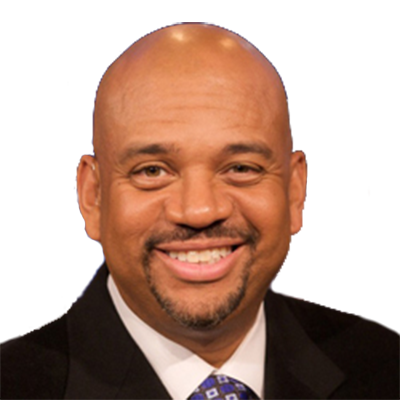 Michael Wilbon
Michael Wilbon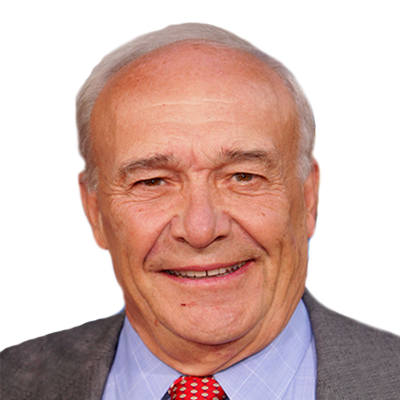 Bill Nack
Bill Nack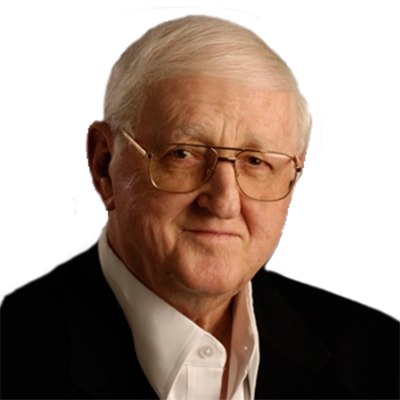 Dan Jenkins
Dan Jenkins Sally Jenkins
Sally Jenkins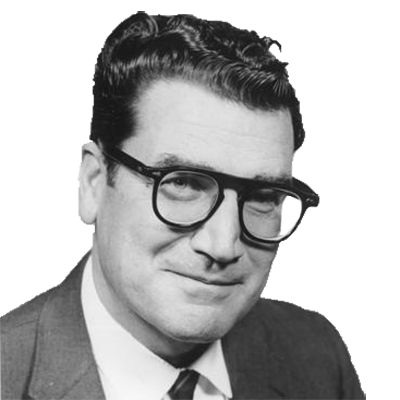 Jim Murray
Jim Murray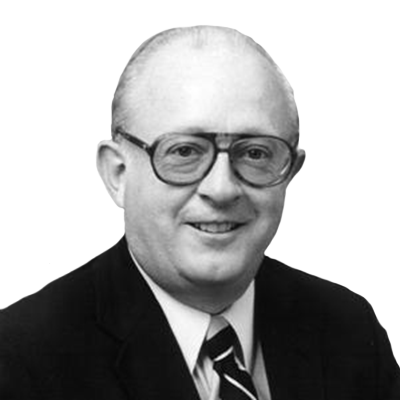 Dave Anderson
Dave Anderson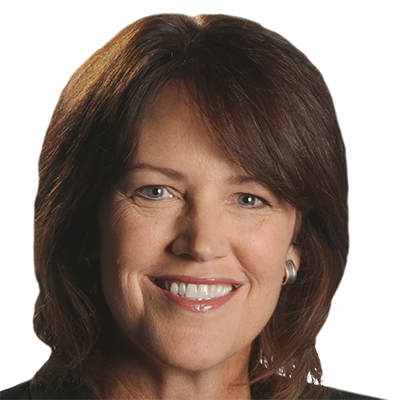 Christine Brennan
Christine Brennan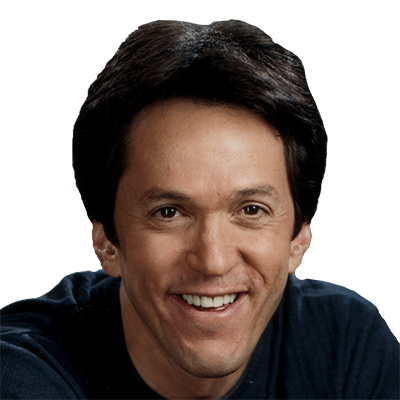 Mitch Albom
Mitch Albom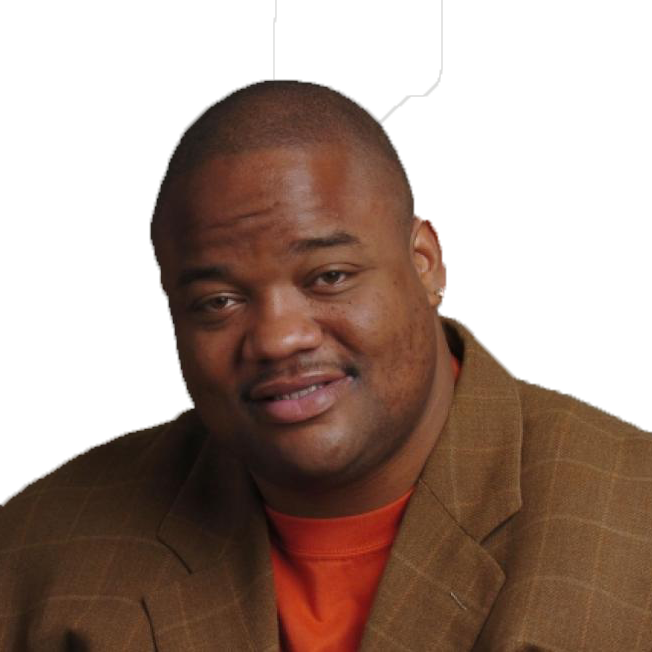 Jason Whitlock
Jason Whitlock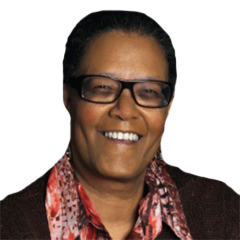 Claire Smith
Claire Smith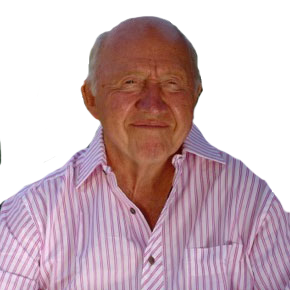 Bud Collins
Bud Collins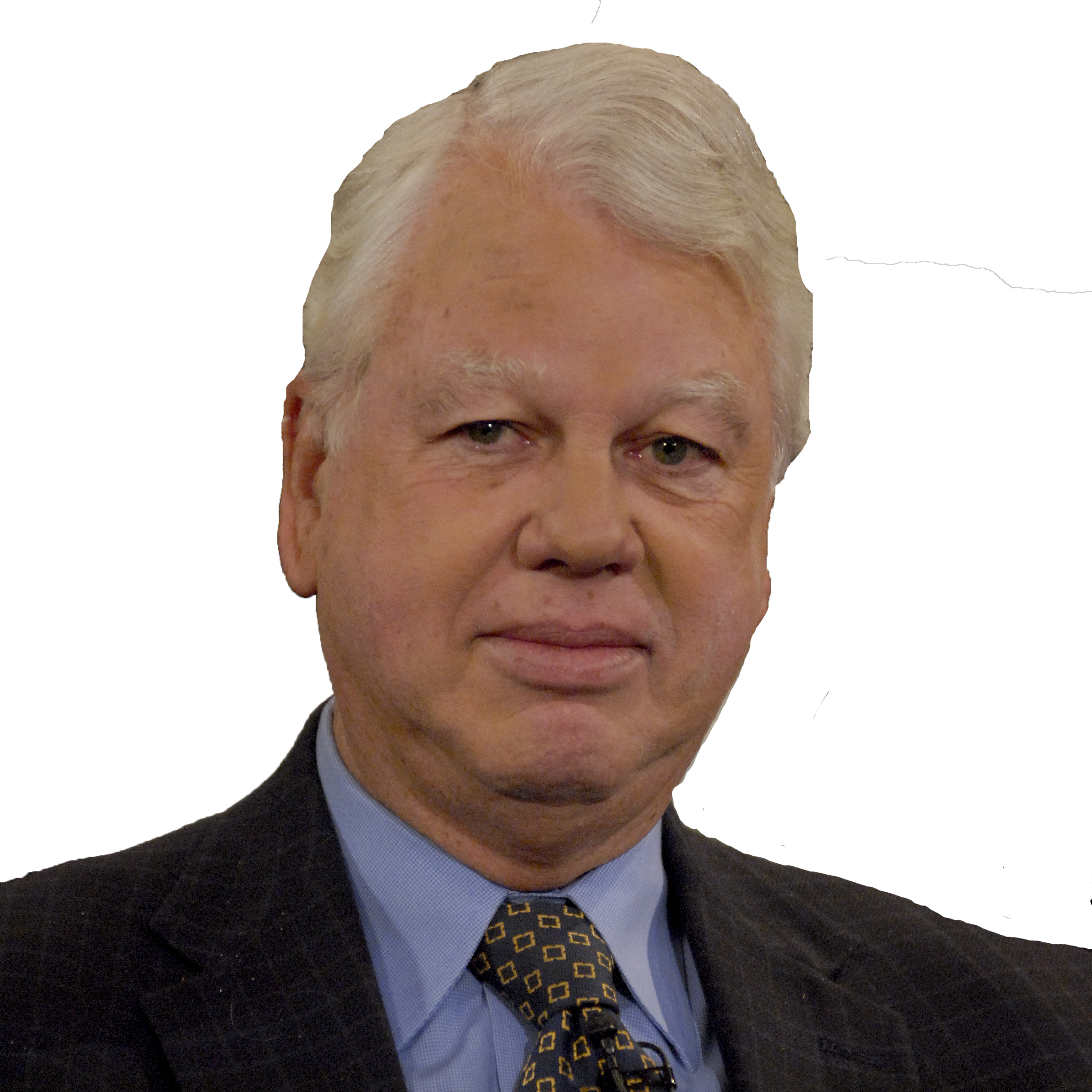 Bob Ryan
Bob Ryan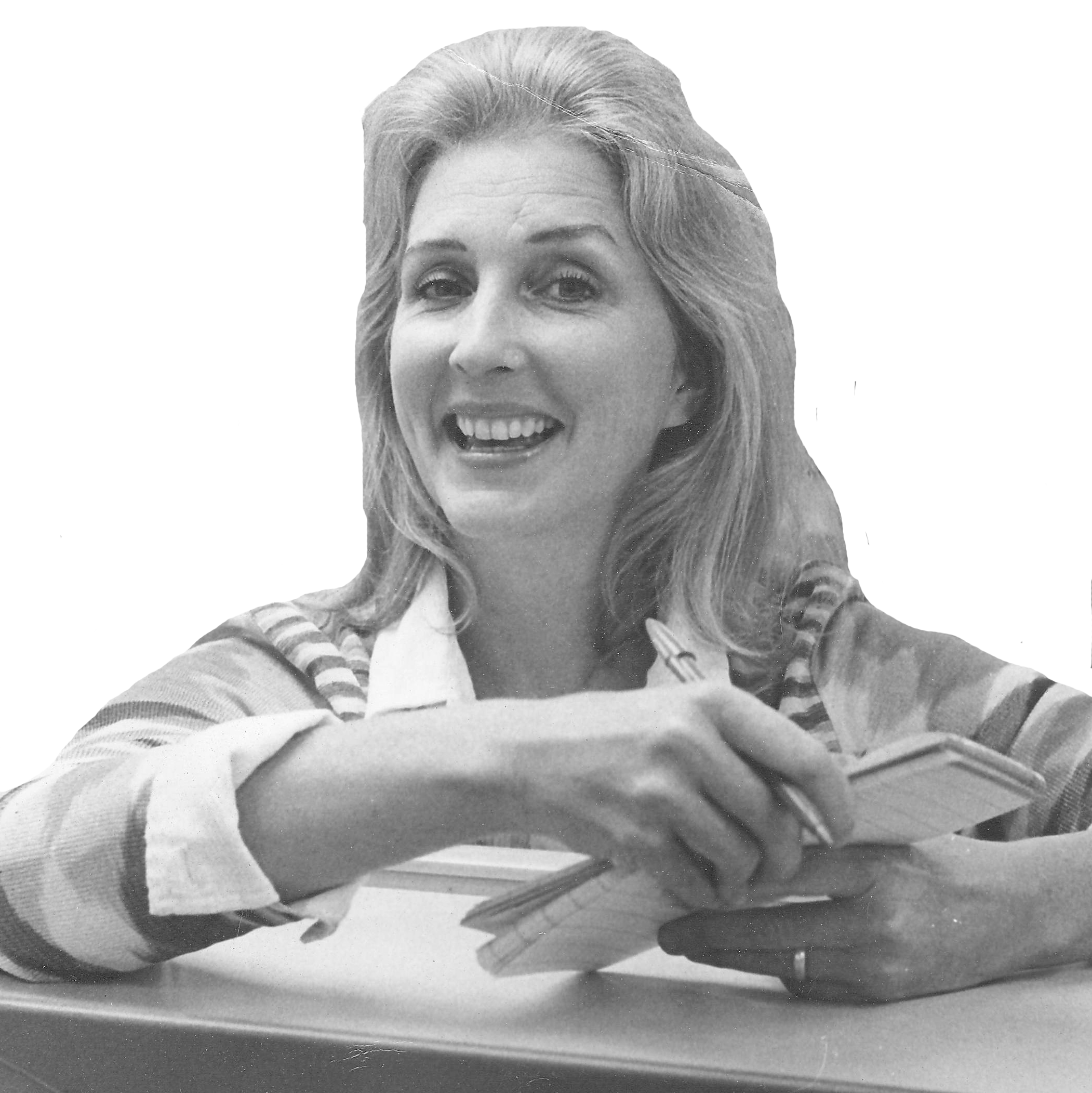 Joan Ryan
Joan Ryan Peter King
Peter King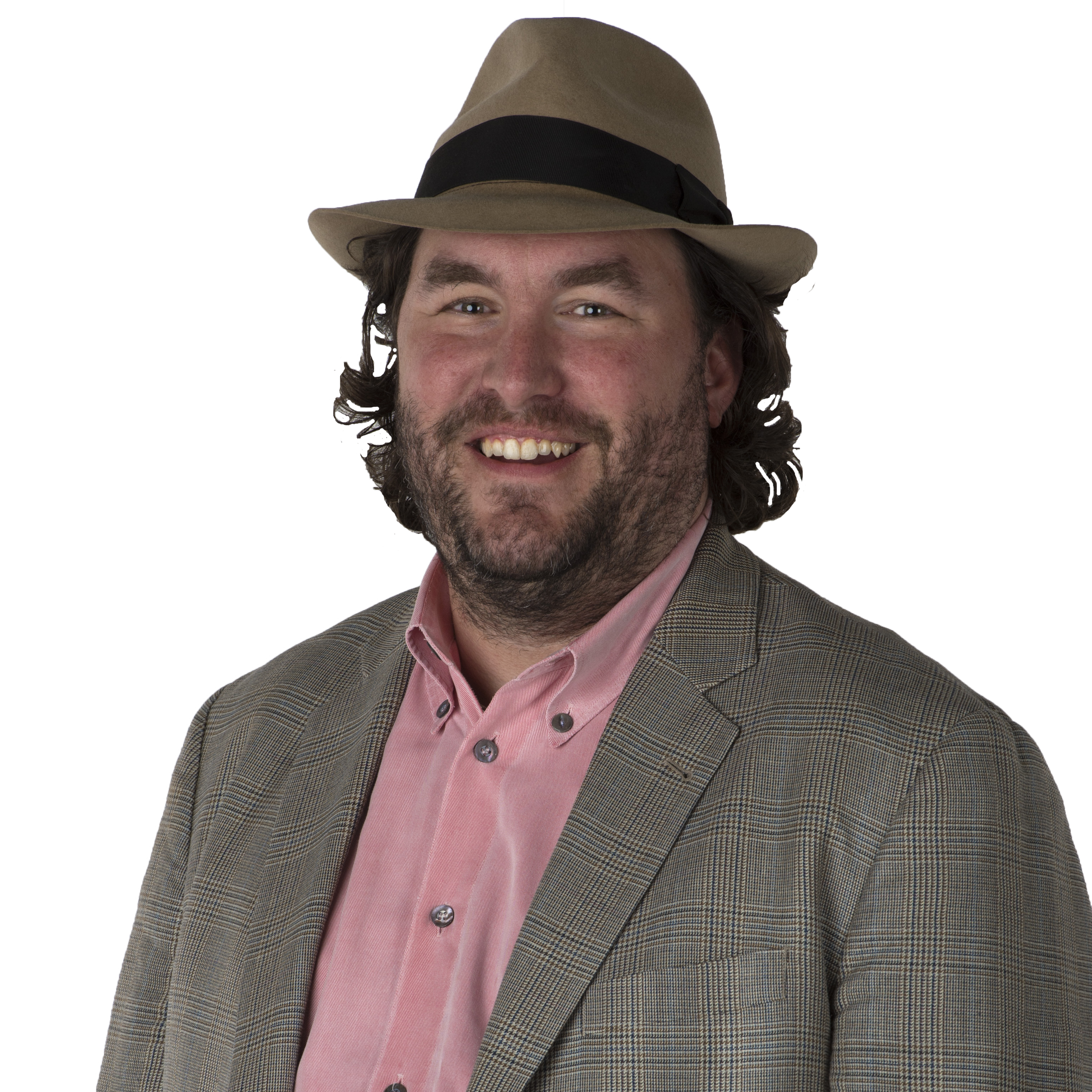 Wright Thompson
Wright Thompson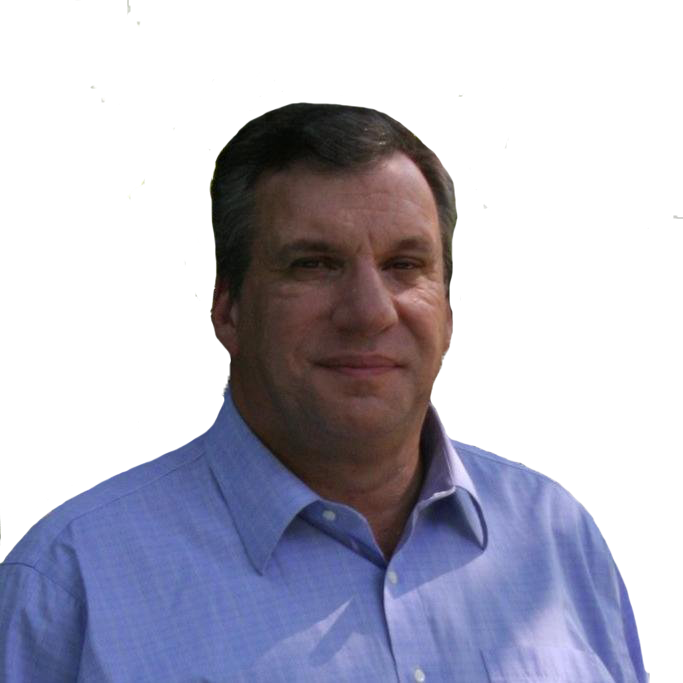 John Feinstein
John Feinstein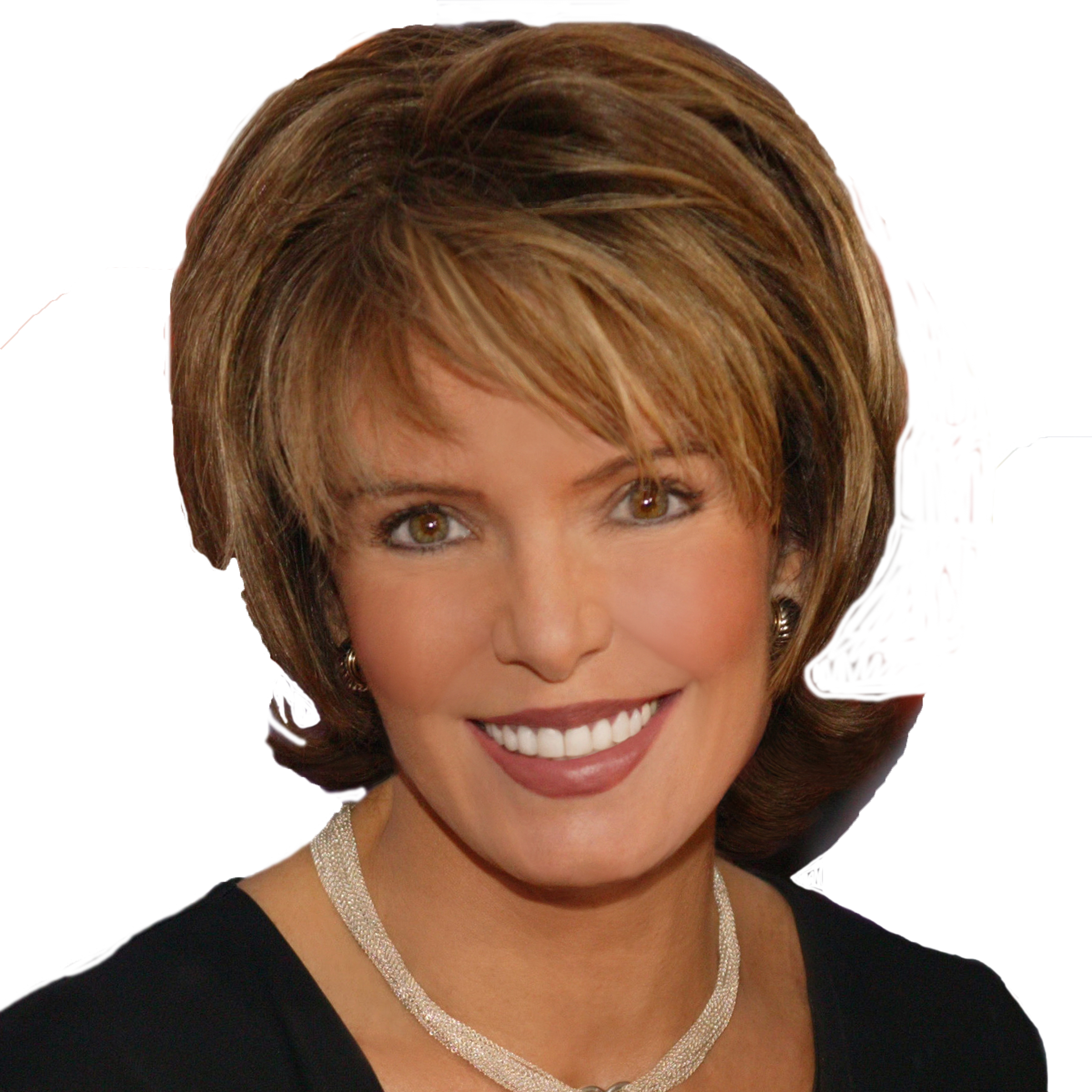 Lesley Visser
Lesley Visser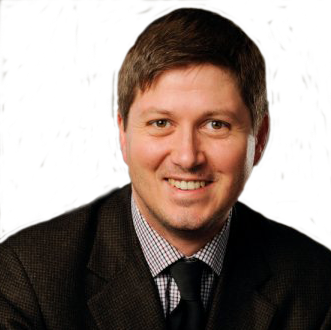 Will Leitch
Will Leitch Tim Kurkjian
Tim Kurkjian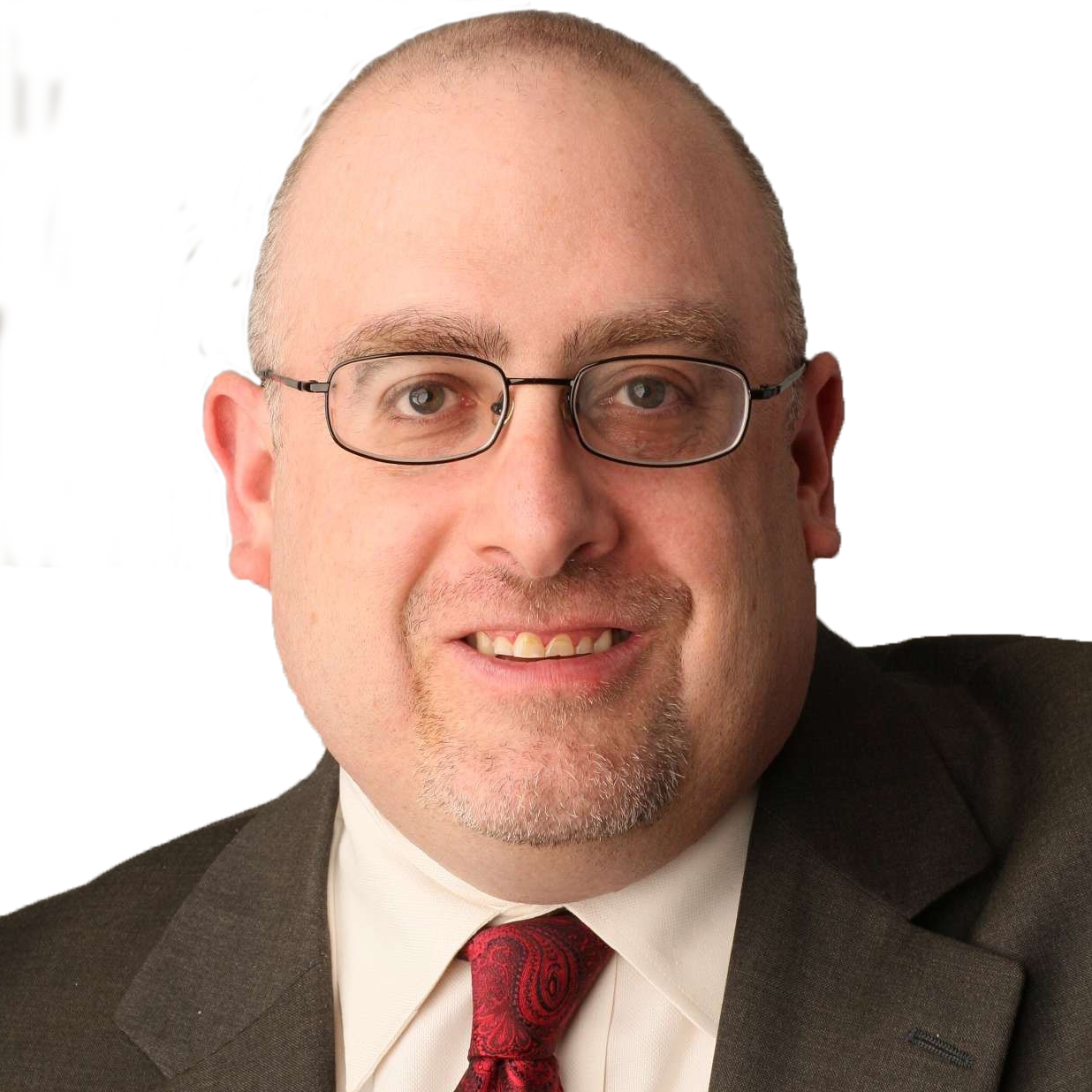 Joe Posnanski
Joe Posnanski
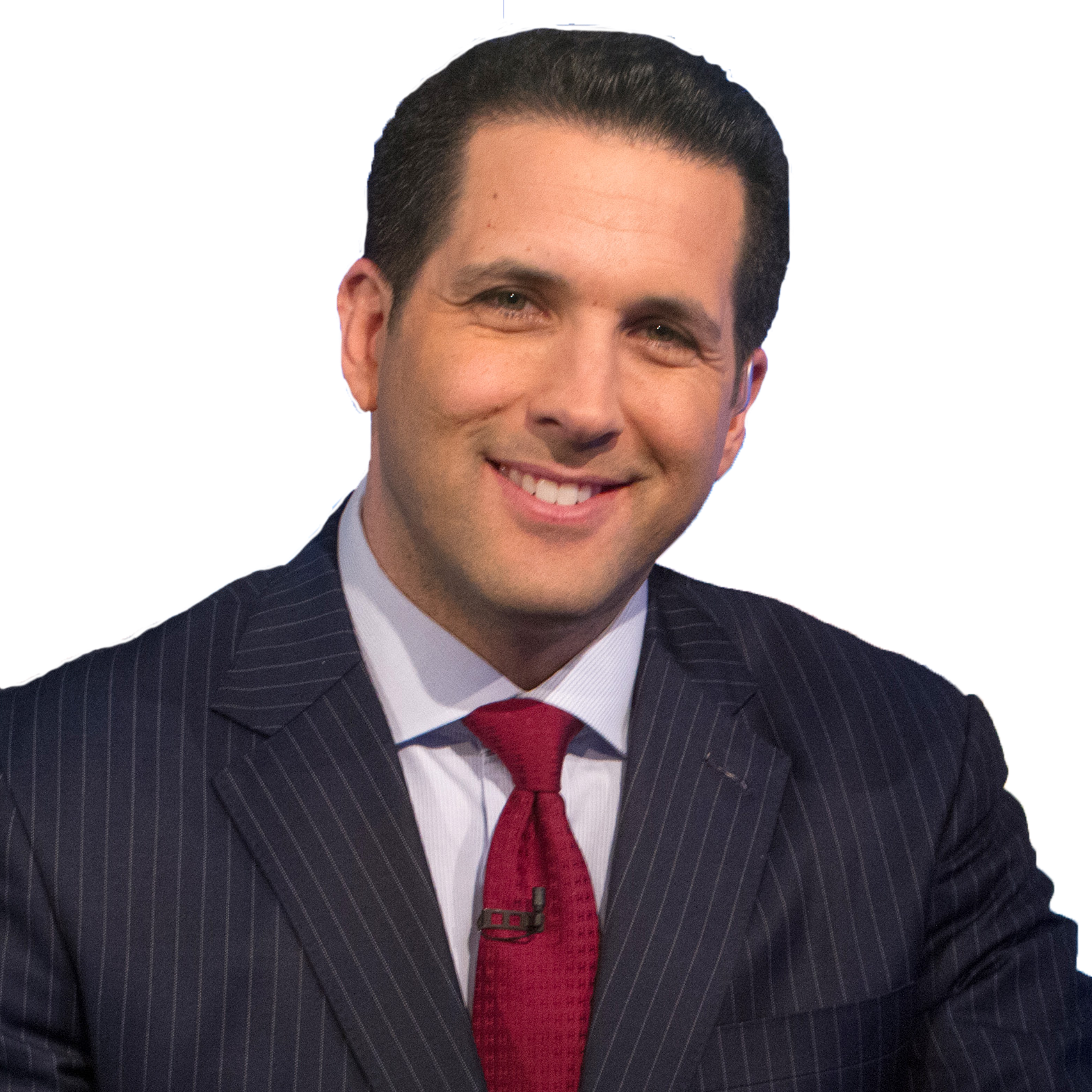 Adam Schefter
Adam Schefter
 Terry Taylor
Terry Taylor
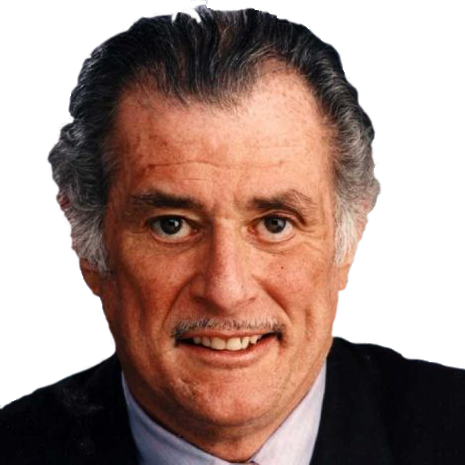 Frank Deford
Frank Deford
 Tom Boswell
Tom Boswell
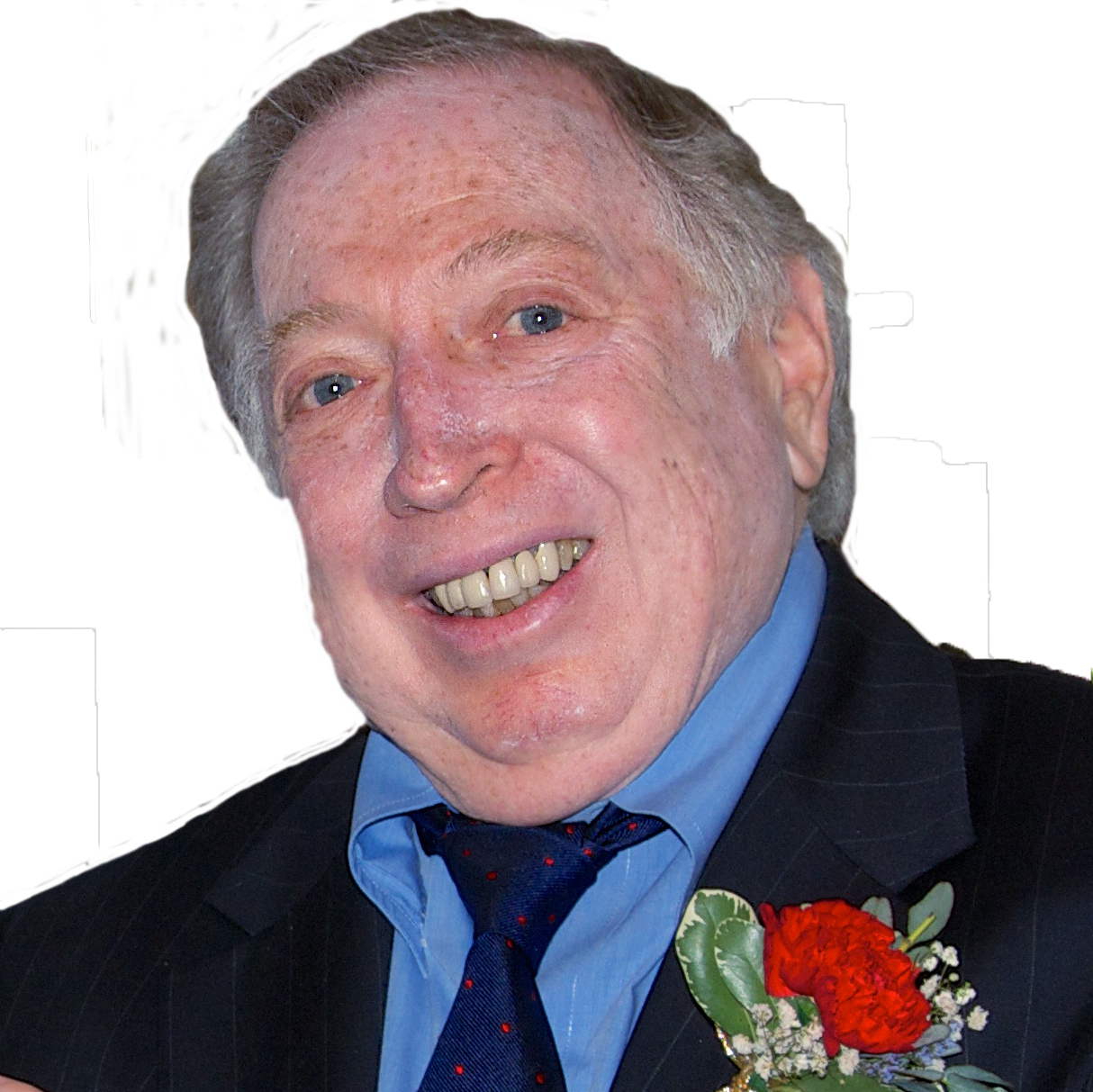 Neil Leifer
Neil Leifer
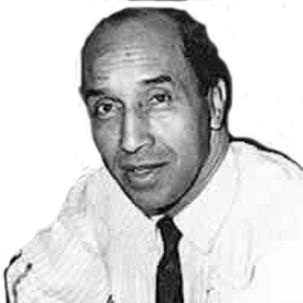 Sam Lacy
Sam Lacy
 Jane Leavy
Jane Leavy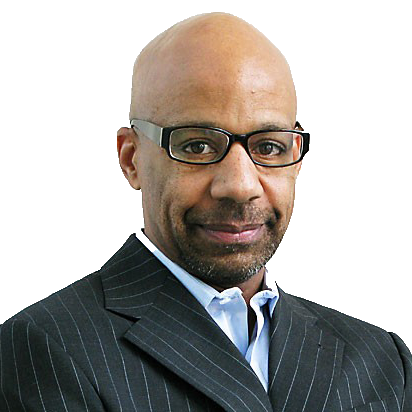 Kevin Blackistone
Kevin Blackistone Juliet Macur
Juliet Macur Andrew Beyer
Andrew Beyer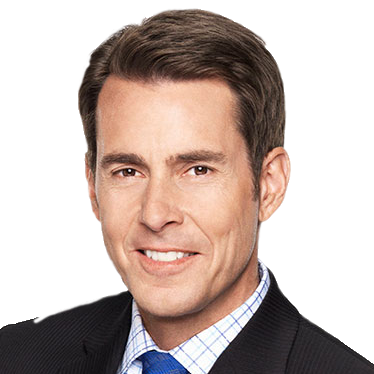 Tom Verducci
Tom Verducci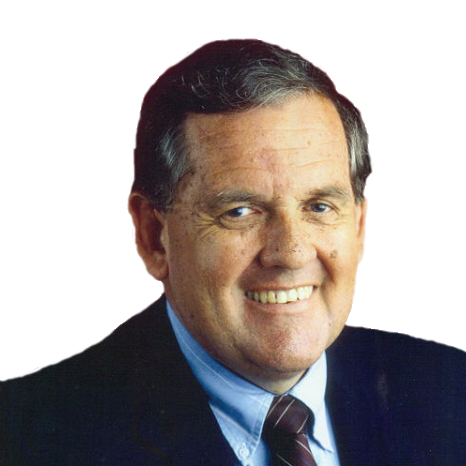 Hubert Mizell
Hubert Mizell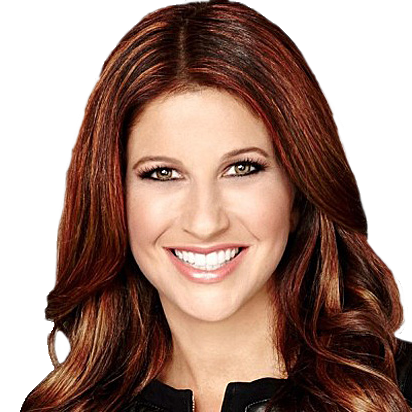 Rachel Nichols
Rachel Nichols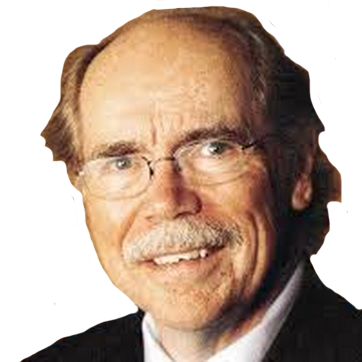 Dave Kindred
Dave Kindred Mike Lupica
Mike Lupica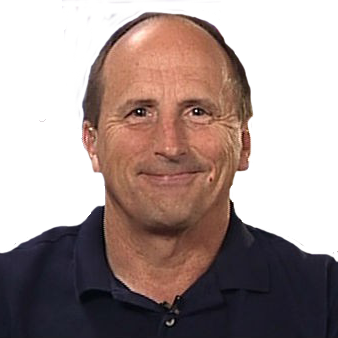 Richard Justice
Richard Justice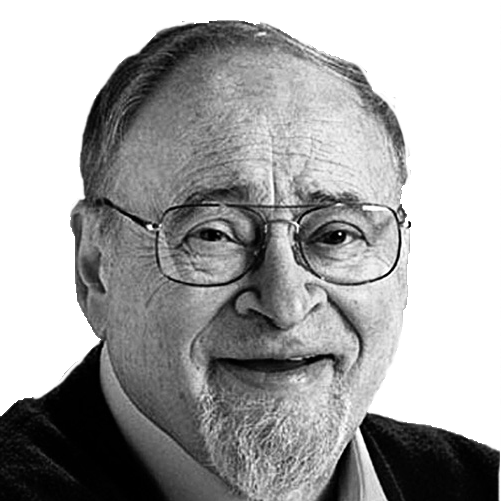 Jerry Izenberg
Jerry Izenberg Bill Plaschke
Bill Plaschke Kevin Van Valkenburg
Kevin Van Valkenburg George Vecsey
George Vecsey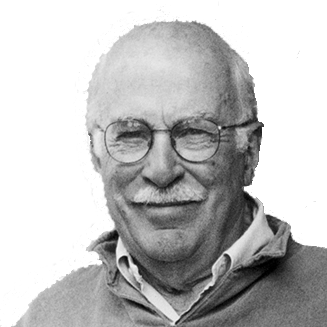 Roger Angell
Roger Angell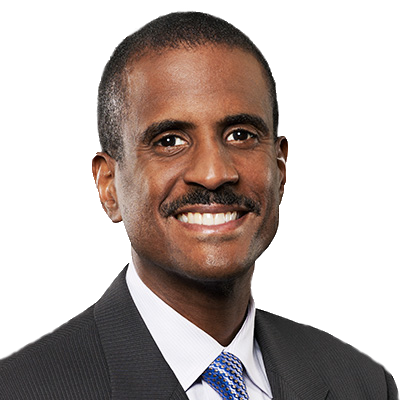 David Aldridge
David Aldridge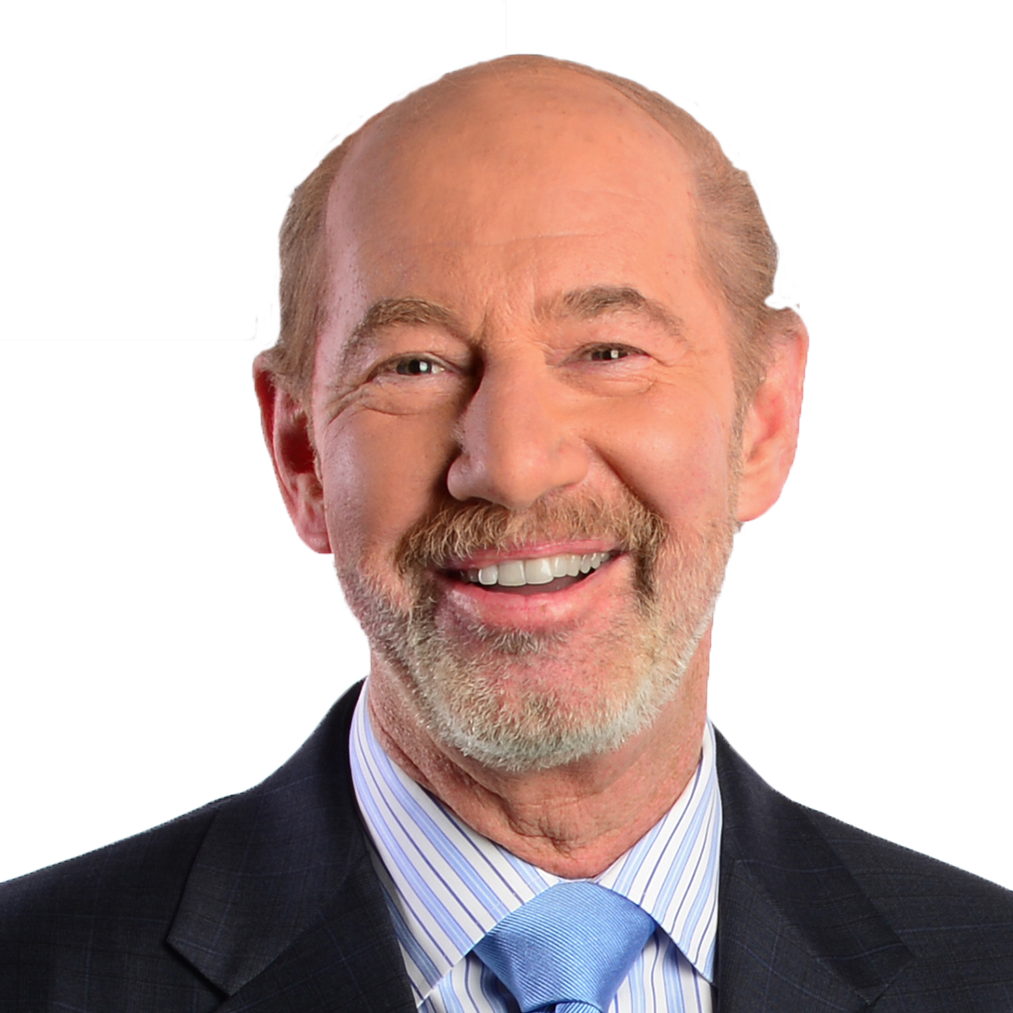 Tony Kornheiser
Tony Kornheiser Jackie MacMullan
Jackie MacMullan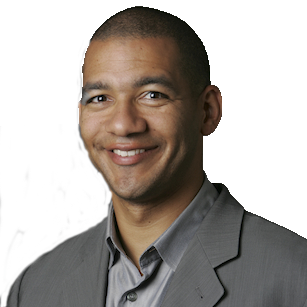 J.A. Adande
J.A. Adande Robert Lipsyte
Robert Lipsyte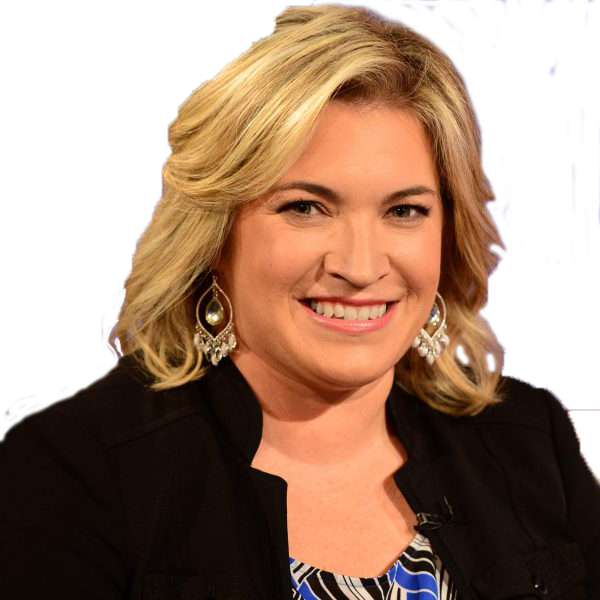 Ramona Shelburne
Ramona Shelburne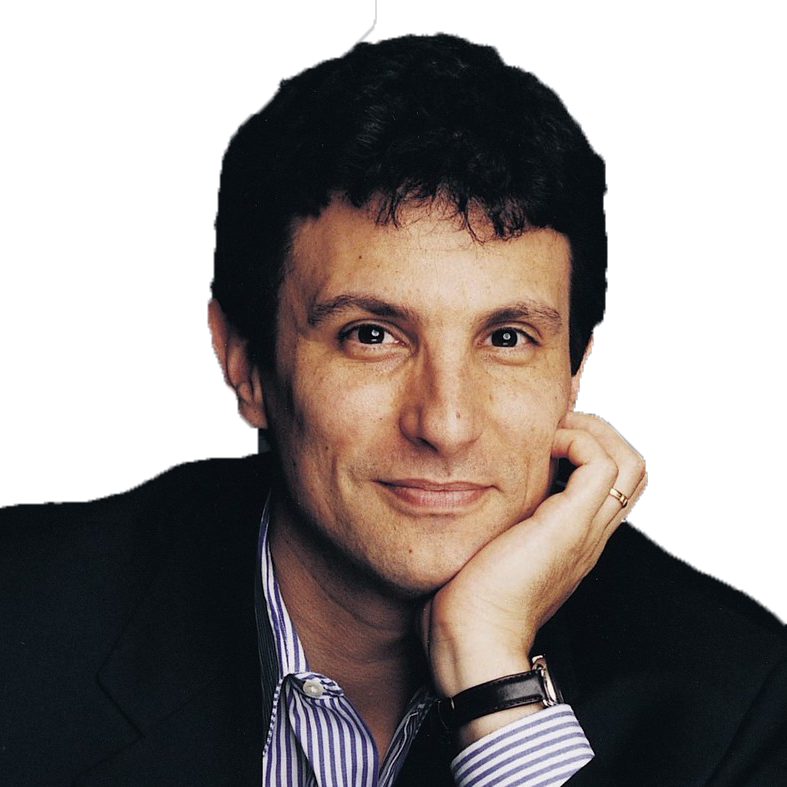 David Remnick
David Remnick Bryan Curtis
Bryan Curtis Chuck Culpepper
Chuck Culpepper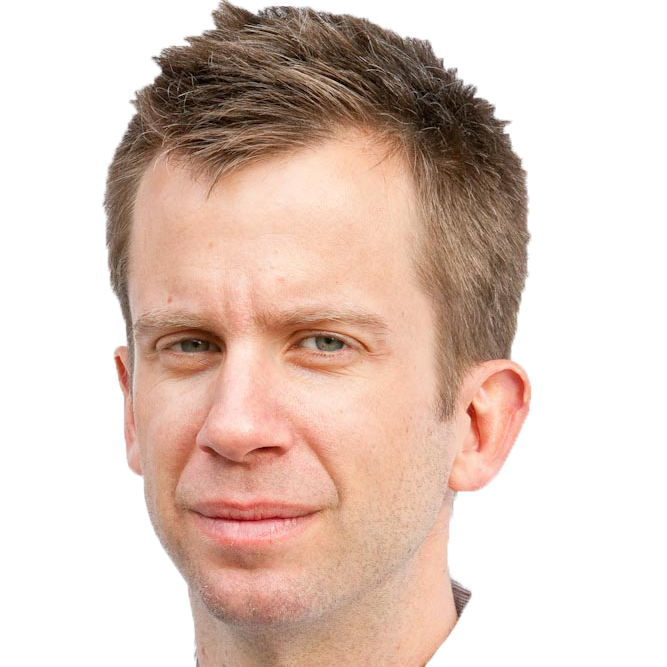 Jason Gay
Jason Gay Heidi Blake
Heidi Blake Dan Steinberg
Dan Steinberg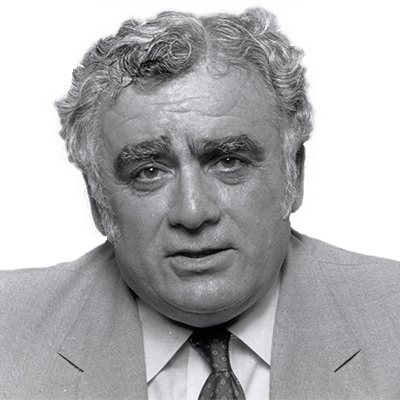 Jerome Holtzman
Jerome Holtzman Barry Svrluga
Barry Svrluga
